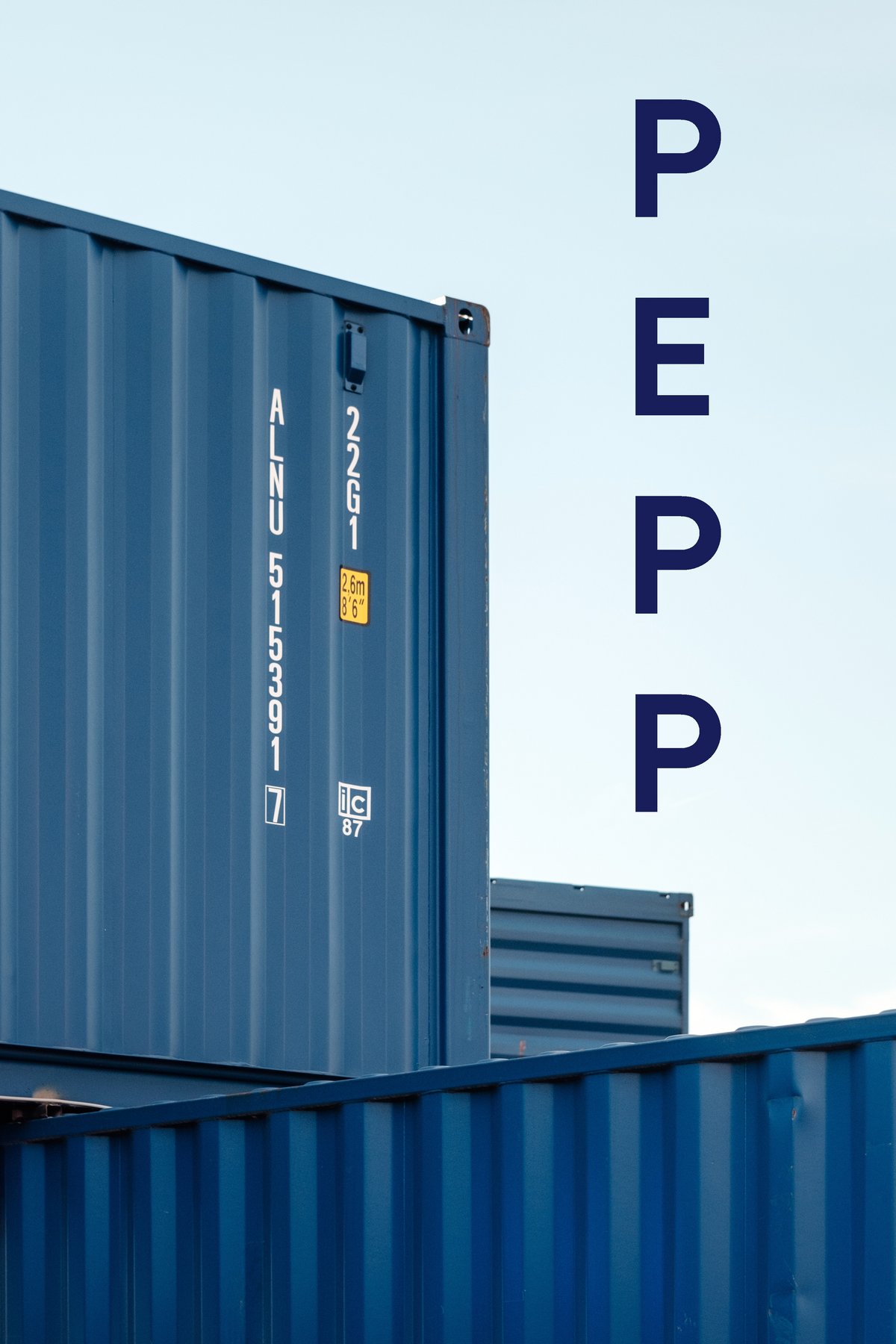PEPP aims to…
map and improve approaches to Capacity Development for the maritime sector in Ghana in order to enhance the potential of the maritime sector to drive Ghana’s economic growth in a sustainable manner. Engaging with the community at Tema Port and relevant theoretical literature, the PEPP team poses critical questions, share different viewpoints, and conduct research to address the concerns of the people who work in the port. The concerns include digital transformation, national content, labor, corruption, and, most recently, the reactions to the coronavirus (COVID-19) pandemic.
PEPP going into 2021:
Completing the last round of fieldwork in Ghana just before the lockdown in 2020, the PEPP team has analyzed the collected data, attended virtual conferences and worked online finalizing six academic articles the past year. During the next months, we will plan the closing events scheduled for the Fall of 2021 and submit abstracts to various conferences scheduled for June and early July.
Previously in 2020:
The project was going into its second phase after two rounds of fieldwork, data-collection, and archival research in Ghana and Aarhus Port. The team has been working on a series of academic articles on legitimacy, trust, community, and power. The question of private and public sector interests in the port surfaces in all the articles whether on digital transformation, the berthing meetings, capacity development, or the Black Star Shipping Line. Data on the reactions to the coronavirus (COVID-19) pandemic influenced our findings and analyses, including the impact of the new Meridian Port Services (MPS) terminal, which opened at Tema Port at the end of June 2019.
Read more about the project here:

